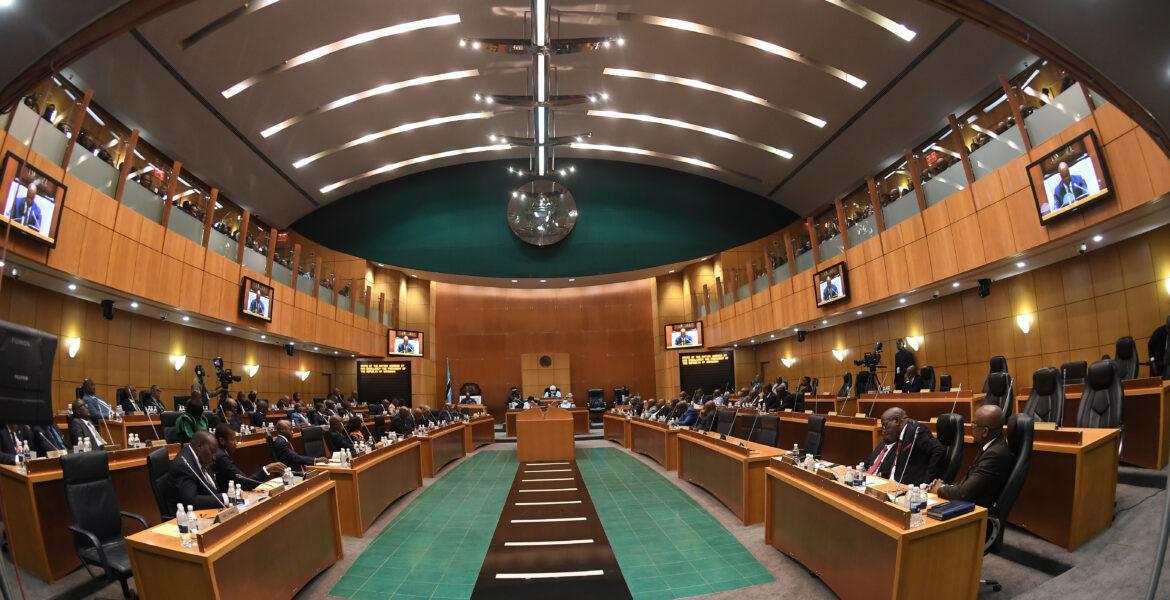Africa-Press – Botswana. The 2025/2026 financial year holds special significance as it marks the inaugural budget of the 13th Parliament, under a new administration dedicated to transformation and prioritising the citizens’ needs.
In delivering the budget proposals in Parliament, Vice President and Minister of Finance, Mr Ndaba Gaolathe, emphasised that the next financial year will also see the launch of the twelfth National Development Plan (NDP 12).
Mr Gaolathe expressed the government’s determination to position Botswana as the best managed nation and a model of unity, fairness, and prosperity across the African continent.
He underlined a collective duty among government officials not only to navigate the nation’s economic recovery but also to rebuild trust among citizens.
“In preparing the 2025/2026 budget, consultations with various stakeholders revealed a profound truth: the men and women of this country, young and old, have a clear vision for propelling our nation forward,” he said.
Referencing his December 2024 statement on public finances, Mr Gaolathe acknowledged that the new administration inherited a government plagued by systemic inefficiencies hindering progress.
The current state of public finances is deemed undesirable,
exacerbated by severe fiscal constraints, declining revenues, and slow economic growth that fails to create jobs.
“It is no secret that our realities are disheartening. A persistent unemployment crisis exists, with many graduates struggling for years to find meaningful work. Even those employed often face low wages and challenging conditions, while abject poverty continues to afflict many in our ghettos and neglected areas,” he highlighted.
Mr Gaolathe pointed out that Botswana was witnessing regression in health and education outcomes, and that corruption has become endemic, greatly impeding the nation’s aspirations.
He expressed concern over the alarming rise in the misuse of public office for personal gain, as evident in the declining scores on the Corruption Perceptions Index.
According to the data, Botswana’s rating fell from 6.5 in 2012 (30th out of 180 countries) to 6.1 in 2019 (34th out of 180 countries), with a further decrease noted from 6.0 in 2022 (35th out of 180) to 5.9 in 2023 (39th out of 180).
Mr Gaolathe warned that if the culture of corruption was ignored, it would likely derail efforts to establish an inclusive economy.
“Failure to unite against this corruption will hinder our nation’s ability to deliver essential services that enhance the quality of life for the people of Botswana,” he cautioned.
Additionally, he noted the increasing frequency and magnitude of natural disasters as a significant risk that threatened both social and economic advances.
In response, he said the new administration is revising the National Policy on Disaster Management of 1996 to adapt to emerging challenges and best practices, with a draft expected to be presented to Parliament before the conclusion of the 2025/2026 financial year.
For More News And Analysis About Botswana Follow Africa-Press






